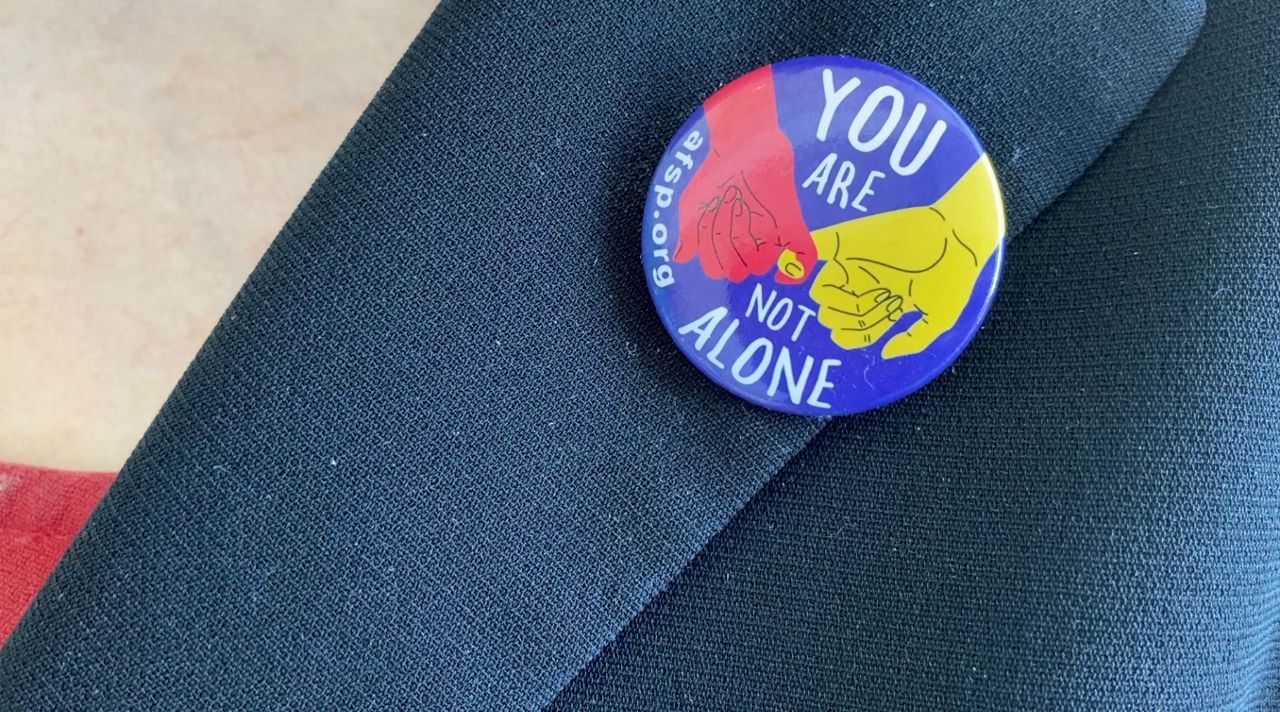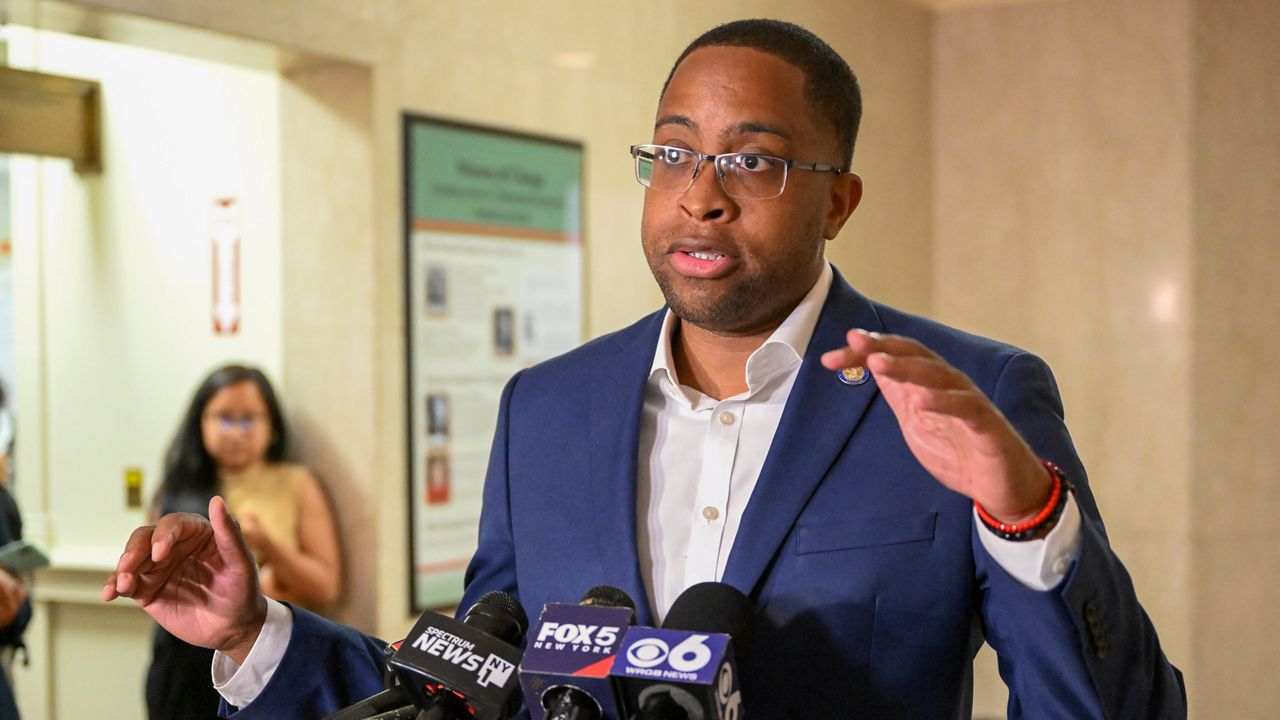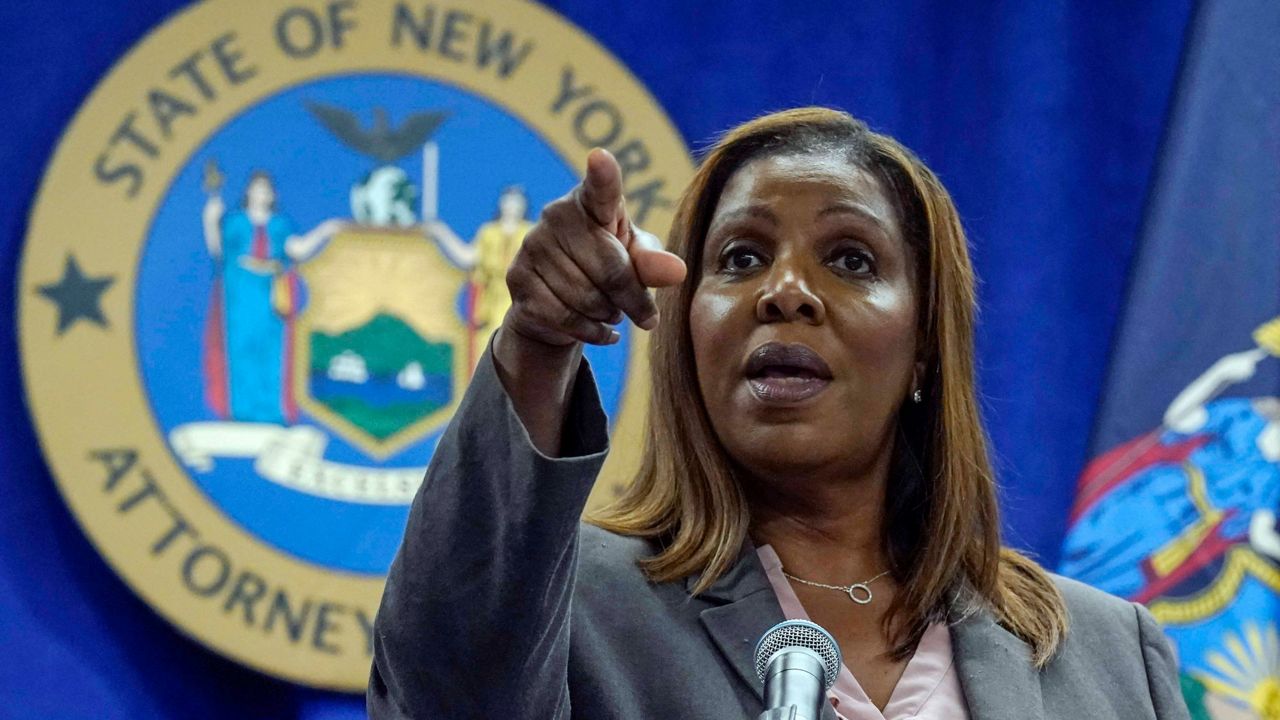State lawmakers want mental health placed on equal footing with physical health in New York — and are seeking a constitutional amendment to do so.
Sen. Elijah Reichlin-Melnick, Sen John Mannion and Assemblywoman Didi Barrett on Wednesday proposed a constitutional amendment that would seek to raise the profile of mental health needs in New York.
While a minor change of a handful of words, the amendment has the potential to boost mental health care services and programs in the state. Language for mental health care in New York has not been updated to the constitution in more than 80 years.
“For far too long in the state of New York, there have been two different systems, two different schools of thought, a structure of 'separate but equal' treatment that has created a stigma around mental health and has had very real impacts on the way that mental healthcare is administered in New York state," Reichlin-Melnick said.
The proposed change would make both mental and physical health "matters of public concern, and provision therefore shall be made by the state and by such of its subdivisions." In other words, equal standing in the eyes of the state's governing document. New York overall spends the most on health care in its budget, with much of it composed of funding for the Medicaid program and federal support.
But lawmakers and advocates indicated the change would go beyond funding support, but also be a means of securing access. Mental health care concerns have increased in the last year amid the COVID-19 pandemic.
“After the year we have just lived through, there probably isn’t a person in our state who doesn’t have a greater understanding of mental health now," Barrett said. "I have been proud to sponsor this overdue amendment — the current language in the Constitution dates back to 1938 — to ensure parity between physical and mental health in our state. In doing this, we both recognize the importance of mental health as a matter of ‘public concern’ and signal our commitment to support families and individuals who need to access mental or behavioral health treatment."










